What can economists learn from linguists? Behavioral economist Keith Chen introduces a fascinating pattern from his research: that languages without a concept for the future -- "It rain tomorrow," instead of "It will rain tomorrow" -- correlate strongly with high savings rates.
Research and publish the best content.
Get Started for FREE
Sign up with Facebook Sign up with X
I don't have a Facebook or a X account
Already have an account: Login

 Your new post is loading... Your new post is loading...
 Your new post is loading... Your new post is loading...

Cindy Tam's comment,
June 13, 2012 2:54 PM
Funny, you see this behavior sometimes while playing poker. http://www.ehow.com/about_4673664_does-full-tilt-mean-poker.html
|

Gerd Moe-Behrens's comment,
May 17, 2012 6:49 PM
I was especially curious about this remark "NKS will also no doubt be important in figuring out how to set up synthetic biological organisms."
|













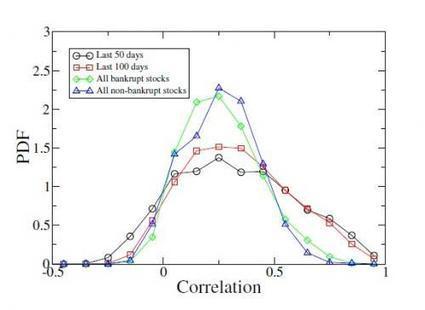

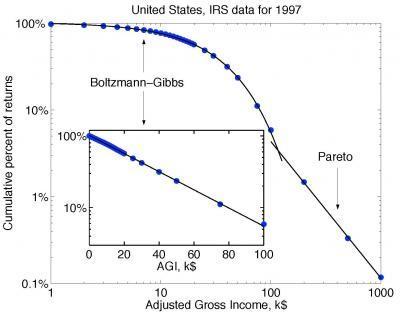




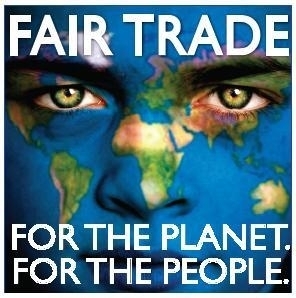
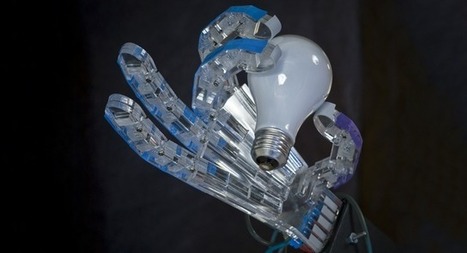
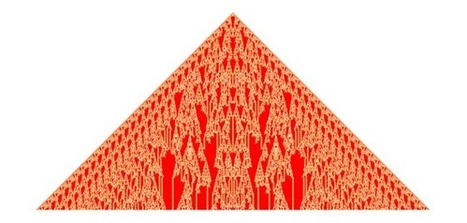

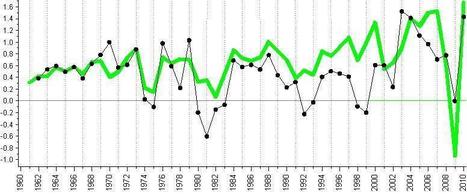






Language and savings? Interesting investigation.